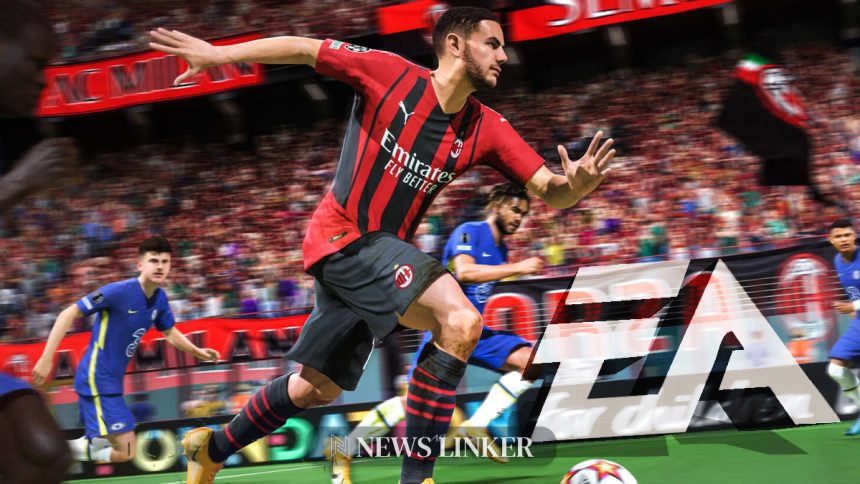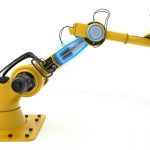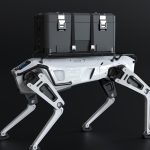Electronic Arts (EA) has taken decisive steps to integrate generative artificial intelligence throughout its workforce, instructing its nearly 15,000 employees to actively adopt AI tools in daily tasks. As generative AI increasingly permeates the video game sector, game developers find themselves confronting new demands and workplace changes. Some staff members express uncertainty about the true benefits of widespread AI use, especially as industry leaders look for ways to improve efficiency. The shift comes at a time of rapid transformation, with questions about job security and workflow efficacy persisting across the industry.
Last year, reports noted accelerated use of AI across major tech companies but suggested fewer direct mandates for full-scale adoption until recently. Previous statements from EA emphasized AI’s role in game creativity and design rather than its use for broad automation or workforce evaluation. Unlike voluntary integrations seen before, internal guidance now directs staff to engage with tools including the chatbot ReefGPT as well as company-wide AI training programs. This latest approach expands beyond creative experimentation towards embedding AI deeply within operational structures.
What Are EA’s New AI Requirements?
EA’s leadership has reportedly instructed employees to use AI across a broad spectrum of tasks, encompassing everything from process automation to the use of new internal AI platforms. The company provided access to its proprietary tool, ReefGPT, and mandated training programs focused on AI deployment. One employee described how AI was tasked to review and condense player feedback, substituting for manual labor typically performed by senior quality assurance workers. EA’s use of generative AI signals a notable adjustment in standard practices within large gaming companies.
How Are Employees Responding to These Directives?
Feedback from workers suggests a mixed reception. While some acknowledge efficiency gains, others cite increased workloads and reliability issues. Instances of the ReefGPT system “hallucinating” or generating faulty code have led to time-consuming corrections. In digital forums, visible displays of employee frustration, including mocking memes, have surfaced. One staff member remarked,
“There’s a lot of pressure to use AI, but sometimes it creates more problems than it solves.”
This highlights persistent doubts about the effectiveness of enforced AI implementation.
Is AI Integration Linked to Job Security at EA?
Some former employees connect their job losses to the expanding role of AI within EA operations, as automated systems increasingly handle duties once performed by humans. The automation of quality assurance processes, for instance, has coincided with recent layoffs, fueling speculation about the underlying motivations. Despite company assertions that AI would streamline operations, the actual impacts remain contested. The company’s leadership stated,
“We believe AI can enhance our ability to deliver better games and streamline development.”
Nevertheless, a lack of consensus persists about whether such integration delivers the forecasted benefits, or merely shifts challenges onto staff.
EA’s strategy to embed AI into day-to-day workflows reflects broader trends, as an estimated 87% of game developers reportedly use some form of AI technology. Investor enthusiasm for AI remains high, yet worker concerns about increased responsibilities, system limitations, and job displacement continue to surface. Unlike earlier, more measured rollouts, EA’s current approach marks a decisive, company-led shift towards task automation, accompanied by resistance and skepticism within its ranks. For those navigating the evolving gaming workplace, understanding both the potential efficiencies and the persistent challenges of AI is essential. Employees encountering new AI platforms should prioritize digital literacy and communicate openly about implementation outcomes, as the balance between operational gains and workforce impact will likely continue to shift.










